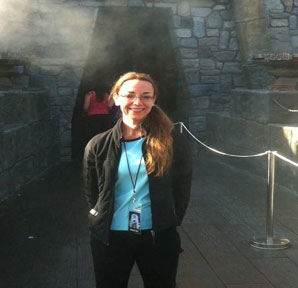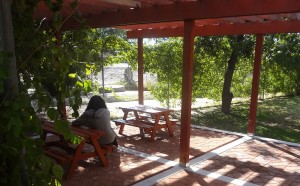The specter of Pancho Villa drove UTEP professor to investigate sex trafficking along the border
|
EL PASO — To most people Pancho Villa is a legendary character from Mexican history, but to Ruth McDonald, a professor at the University of Texas at El Paso, Villa is a real man who hurt her family when he kidnapped her great aunt in the early 1900s from the family ranch in Chihuahua, Mexico. The great aunt was never heard from again but left an often-repeated story of male dominance and abuse that was told across the generations by the women in McDonald’s family. Given her family’s experience of violence and injustice against women, McDonald has chosen to focus her teaching and writing on how some Mexican women are lured into sex trafficking and how young people in general struggle to survive daily under adverse conditions
“Regrettably sex trafficking also occurs locally,” said McDonald “The United States not only faces a flood of international preys but also has its own home-based problem of interstate sex trafficking of minors.”
A native of El Paso, she is well aware that fear, suspicion and brutal violence, as well as sex trafficking now overrun once commerce-friendly Ciudad Juarez. She has devoted her career to educate students and the public about the plight of women who live on the Mexico side of the border and often uses real life examples in the classroom, like the recent sex trafficking court case in El Paso of Charles Marquez, who used ads in a newspaper and the Internet to recruit young women and children for sex trafficking purposes. His arrest was part of “Operation Cross Country,” a national effort targeting underage prostitution that netted the arrests of 104 alleged pimps in cities across the United States, according to law enforcement officials.

